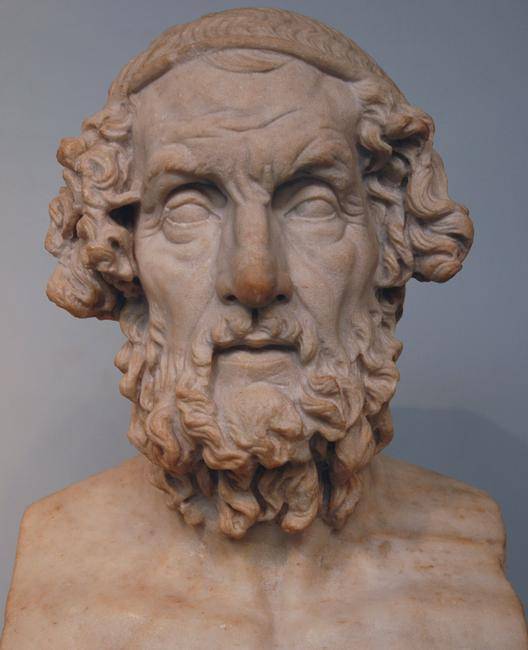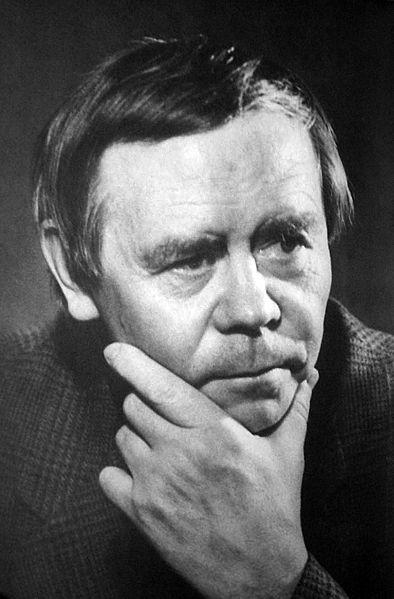What to read? (Part 2)
Literature: Harold Covington
Let us leave aside the political plausibility or post-historical veracity of Covington’s novels dealing with the war of White independence at the beginning of the 21st century in the Pacific Northwest. What needs to be singled out in Covington’s prose is his language, his ability to construct both real and surreal plots, and above all his skill to administer a good dose of empathy with his diverse characters.
And indeed there is a whole gallery of diverse characters in his novels — from disfranchised poor Whites from the South who were once victims of positive discrimination and who have now landed in the embattled Northwest, to ritzy and sold-out WASP politicians in DC, vying to be more Jewish than the Jews themselves. Each of his numerous characters is carefully situated in his own timeframe, each carrying his own clusters of conflicting memories, often haunting him for the rest of his life. Covington, as much as he dissects the mindset of his warring heroes does not just examine their self-proclaimed racial awareness, but focuses instead on their historical consciousness. The reader won’t find characters blaring “White power!” or sporting swastikas, or endlessly debating about the ominous Jews. The frequent monologues by his characters bear witness that their individual memories are seldom sweet. Even in a pristine environment of the Northwest Republic, residents are immersed in their own Shakespearean dilemmas of being vs. not being. In most cases the racial awareness of Covington’s characters is coupled with their reminiscences of the haunting times of bygone eras. Thus, in his latest novel Freedom’s Sons depicting the nascent Northwest Republic, we come across a man who serves as one of the chiefs of the Northwest secret police. But this man has also a past; he is not just an empty White slate. His grandparents, back in the mid-20th century had fled communist Czechoslovakia and settled in the city of Chicago – only to discover another form of paleo-communist aka liberal insanity. Their progeny, the future settlers in the Northwest, realized that in the land of the free and the home of the brave, they were not just subjects to the terror of affirmative action, but also victims of serial burglaries and rampant Black crime. Finally, after much procrastination they decided to move to the Northwest, encountering on their way both physical and psychological roadblocks which in many ways reflected the predicaments they had once encountered in communist Europe. Read more










